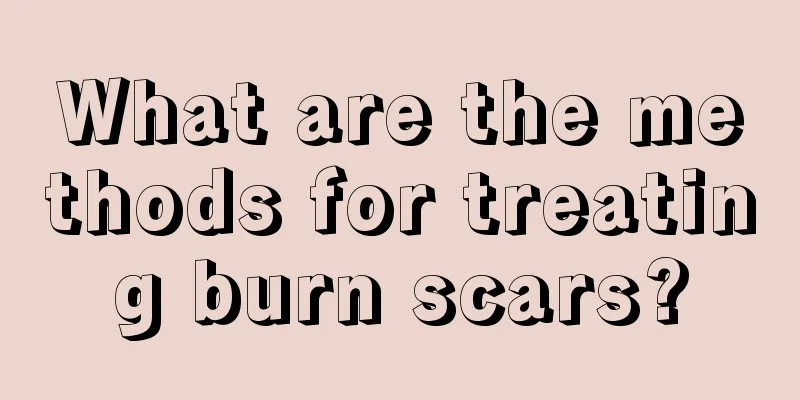What disease is it that causes a pimple in the buttock groove?

|
Pimples have always been a very annoying thing, and pimples can grow in various parts of the human body. Pimples on the buttock groove are also a relatively common situation. There are many reasons for the growth of pimples in the buttock groove. Generally, this is a symptom caused by eczema or urticaria, which can be treated with some topical ointments. What are the pimples on the buttocks? There are several possibilities for pimples on the buttock groove. One is chronic eczema, and another is neurodermatitis. The treatment of the two is basically the same, and you can choose to take some oral medications to treat them. Causes of chronic eczema The causes of the disease are complex, with internal and external factors interacting with each other and often being multifaceted. Patients often have allergic constitutions, which are related to genetic factors, so the disease occurs in specific populations. Common internal factors include: gastrointestinal dysfunction, mental stress, neurological dysfunction, endocrine disorders, infectious lesions in the body, intestinal parasites, etc. External factors such as sunlight, wind, cold, heat, scratching, friction, contact with soap, cosmetics, animal fur, plants, chemicals, etc. can also induce it. Clinical manifestations It is mostly caused by repeated attacks of acute or subacute eczema, or it may present as chronic inflammation from the beginning. The skin of the affected area becomes infiltrated and thickened, turning dark red and pigmented. If the condition persists, the skin lesions will become larger, dry and prone to cracking. It is commonly found in the calves, hands, feet, elbows, vulva, and anus. The patient feels severe itching, with dense patches of erythema, papules, papulovesicles or blisters, which are easy to exude and have unclear boundaries. There are small papules and papulovesicles scattered around, often accompanied by erosion and crusting. If secondary infection occurs, pustules or pus crusts may appear. With proper treatment, the inflammation will be alleviated and the skin lesions may disappear after 2 to 3 weeks, but it often recurs and may become subacute or chronic. treat 1. General prevention and control principles Find allergens as much as possible; avoid various external stimuli; avoid allergenic and irritating foods. 2. Internal medication One or two antihistamines. Since eczema often itches severely at night, it is best to take them once after dinner or before going to bed. Oral or intramuscular glucocorticoids are generally not recommended. It can also be treated with traditional Chinese medicine. 3. Topical medications Apply topical glucocorticoid cream and seal the wound if necessary. Local immunomodulators such as tacrolimus and arsenic trioxide have good therapeutic effects and can also reduce the side effects of long-term use of topical hormones. |
<<: What is the hard lump on my palm?
>>: What should I do with the small red bumps on my face?
Recommend
What are the precautions for tampons
The so-called tampons are actually sanitary produ...
What to eat during chemotherapy for lymphoma
Lymphoma is a malignant tumor originating from th...
Taboos for wearing obsidian Pixiu
Many people like to wear accessories very much. S...
Can I drink alcohol if I have hypothyroidism
Hypothyroidism is a type of thyroid disease. This...
Professional knowledge of gastrointestinal care
The stomach and intestines are very important to ...
Is acupuncture effective for treating cervical spondylosis?
Cervical spondylosis is a disease with a relative...
Overview of lung cancer
Lung cancer occurs in the bronchial mucosal epith...
Commonly used chemotherapy drugs for cervical cancer
With the continuous development of chemotherapy d...
Methods to remove foreign objects from the refrigerator
In today's families, refrigerators have becom...
Scrotal redness, swelling and stinging
The male scrotum is like the female vulva, which ...
How to open up blocked cervical meridians?
Blockage of the cervical meridians often causes p...
How much does chemotherapy for pancreatic cancer cost
How much does it cost to do pancreatic cancer sur...
How to practice Dantian breathing method
I believe many people don’t know how to perform D...
What effect does protein have on the skin
In most people's minds, protein is a nutrient...
What are the benefits of drinking Gastrodia elata soaked in water
Gastrodia elata is a common Chinese medicine. Its...









